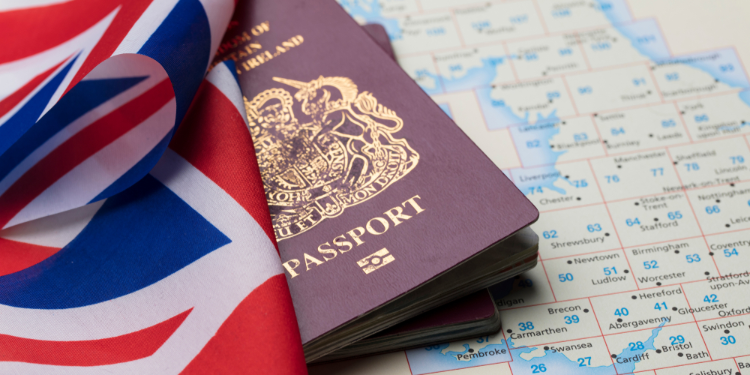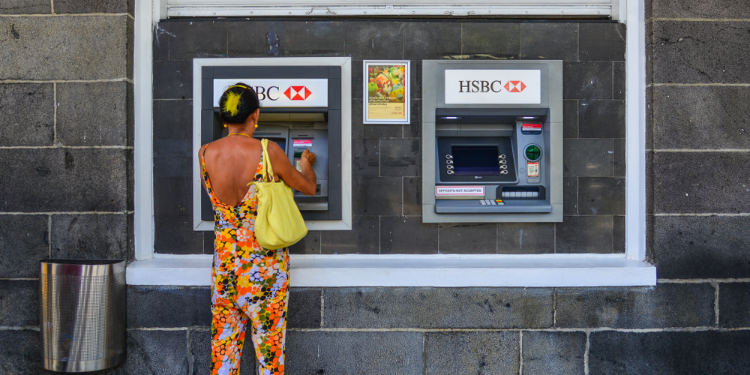One of the priorities of the Withdrawal Agreement is to protect the rights of British citizens who have built their lives in different EU countries. It's worth noting that not only 1 million British nationals in EU countries are concerned but also over 3 million EU citizens in the UK. It also ensures that family members (including spouses and partners, parents and grandparents, and children) of these citizens are granted rights under EU law if they intend to join them. Children's rights are protected, whether or not they are born in the UK, as well as frontier self-employed workers.
In short, according to the Withdrawal Agreement, British expats and their family members can continue to live, work or study in their host EU country without having to worry about their rights. It also states that their right to healthcare, social security benefits and pensions are maintained and that they are allowed to work or be self-employed in their host country. The law guarantees that the rights of British workers in the EU are preserved.
But there are conditions attached to this. Where a country opts for a mandatory registration system under the Withdrawal Agreement, British expats have to meet certain conditions to be granted the new residence status. In fact, those who have lived legally in their host country for more than five years, that is, those who work or have the financial means to support themselves, as well as those who have medical insurance, are eligible. However, those who have already acquired permanent residence are not subject to any of these conditions.
What's happening within the EU
Thousands of British expats are complaining about complex bureaucracy in their host countries since the Brexit, especially in Spain, France, Portugal and Italy. In our previous article Brexit British expats facing dilemmas within the EU, we told you about British expats being deported from Spain and British drivers' licenses no longer being recognised in France. But it looks like there's much more to it.
The fact that officials are not well aware of British expats' post-Brexit legal rights in the EU is making things even worse. According to the international media, IT systems haven't yet been updated to the post-Brexit changes in many countries, which is leading to long delays in the processing of documents such as residency permits. In fact, many of the Britons who have been deported from Spain claimed to have already applied for residency permits haven't received them due to slow bureaucracy.
This situation led to many of them being unable to renew their national health cards and being denied healthcare. “I have a lot of friends who have been asked their permesso di soggiorno (residence permit) by the police. The thing is that many of them weren't even aware that they needed this document, but now that the UK is out of the EU, they can't even get it”, says Andy, a long term British expat in Italy.
In December 2020, Italy launched the "carta di soggiorno", a sort of ID card that should be ready by August 2021. This card could be used for a lot of transactions and is intended for some 60 000 British expats in Italy. But until this card is available, it looks like British expats are going to face a lot of hurdles, including the non-renewal of their employment contract.
In Portugal, also, British expats holding EU passports haven't yet received the residency permits they applied for in 2020. Currently, there's no information as to when these permits will be delivered. And in France, Britons can either produce a residency permit to be considered legal residents or apply for French citizenship. Before the Brexit, the only thing they had to do was show their passport.
Another thing to keep in mind is that due to COVID-19 restrictions, procedures are taking longer than expected. This could also explain why officials haven't been trained or have insufficient information about post-Brexit rules.
But the UK government is clear. Anyone who has been a legal resident in an EU country can stay as long as they register their residence. The government has been running an information campaign for British expats living across Europe about the actions they could have to take to secure their rights. There's also a series of online guides on the government website for applying for residency, depending on the country you live in.
















